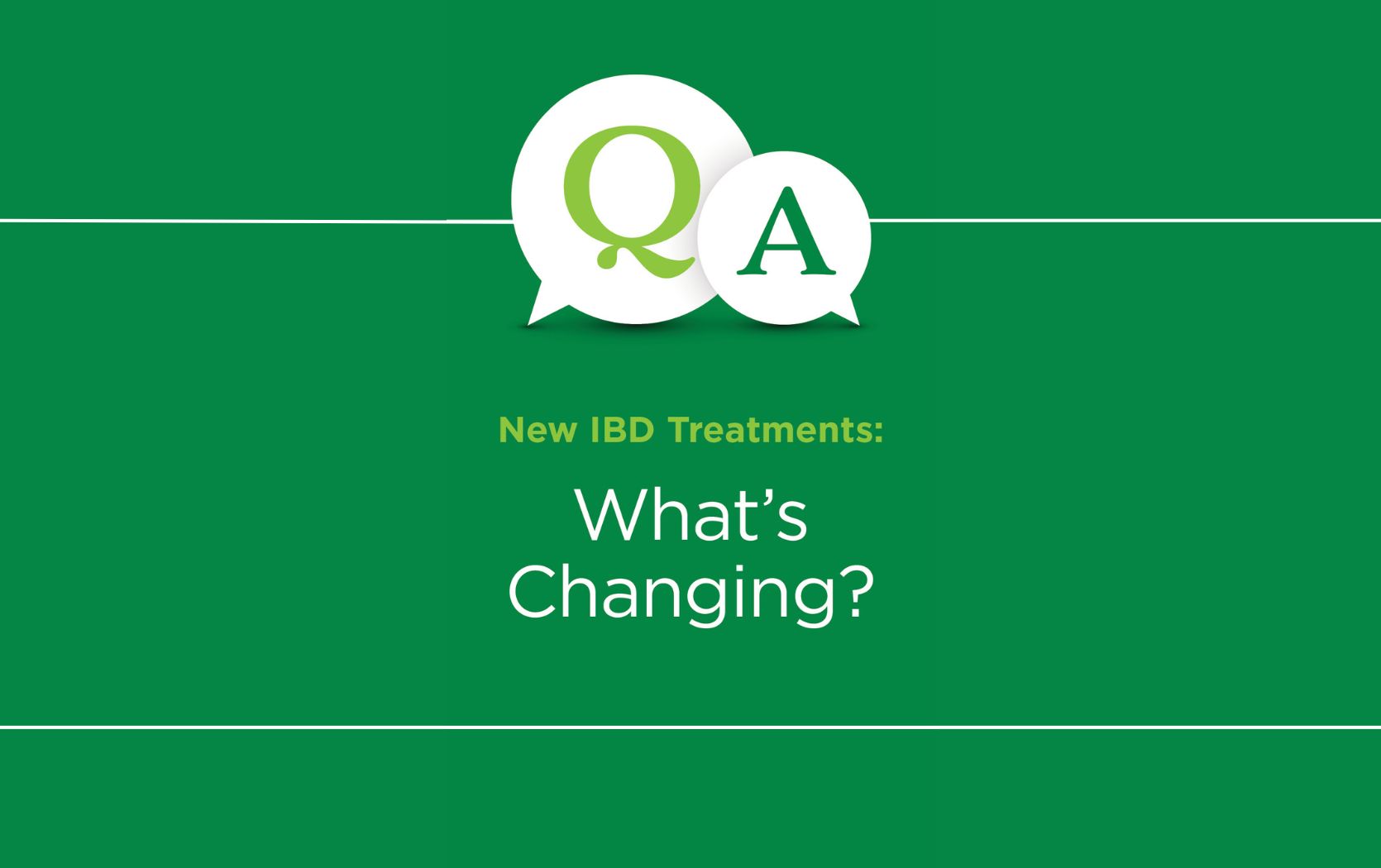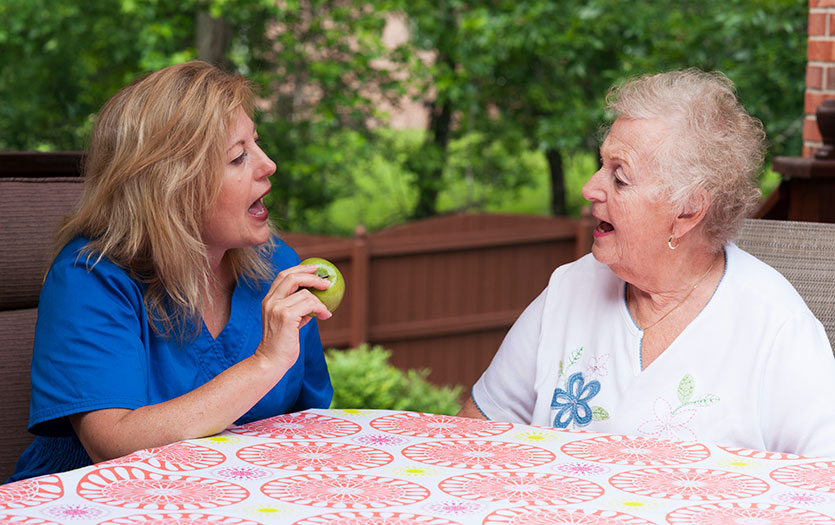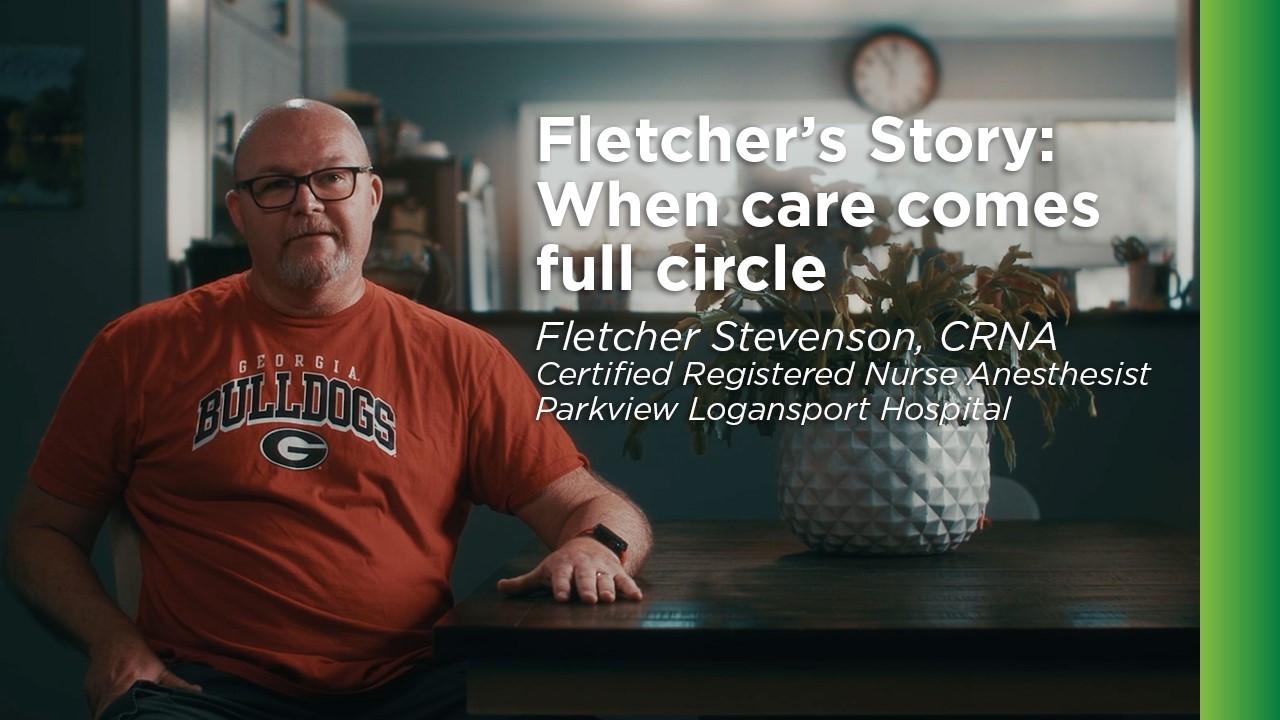
Tony GiaQuinta, MD, PPG – Pediatrics, shares his thoughts on the HPV vaccination.
For those that don’t know me, I’m a big fan of vaccines, for a number of reasons. We know from years and years of experience and research that this medicine is absolutely the best form of prevention that a doctor can prescribe: Vaccines are safe and they keep us from getting sick. In some cases, really sick.
The cancer-fighting vaccine
When people ask me, “Which one is your favorite?” I feel compelled to brag about one in particular, the HPV vaccine. They are all wonderful for different reasons, but the HPV vaccine is special for a number of reasons. At the top of the list, the HPV vaccine is the only medicine we know of that prevents cancer. Yes, cancer; the disease newly diagnosed in 1.5 million people every year, with millions of dollars poured into research and treatment strategies.
You might be surprised to know that more than 30,000 people are diagnosed with a cancer caused by HPV every year. That’s one every 20 minutes. And compared to the other diseases that are protected from adolescent vaccines (pertussis and meningitis), HPV kills more than 4,000 people, compared to about 80 deaths from the other two diseases combined. Not to mention, getting the vaccine can prevent 3 million cases of genital warts, high and low grade cervical dysplasia. The price tag for these conditions is enormous, costing an estimated $7 billion in health expenditures.
Recommendations
Children between the ages of 9 and 14 are just 2 shots away from receiving a lasting immunity against the HPV strains that cause ~90 percent of the HPV cancers in men and women. And yet, for a vaccine that does so much, the public has done far too little to promote this powerful weapon against a dangerous disease. Nationwide, only 50 percent of US teens are fully vaccinated against HPV. Indiana is even worse, with only 40 percent of teens fully vaccinated.
The stakes are high, and the clock is ticking to get your child protected against a deadly virus. Schedule an appointment or nurse visit with your pediatrician or health care provider.
Common misconceptions
According to the American Cancer Society, many of the myths surrounding the HPV vaccine simply require a bit more information and a better understanding of the facts. We have shared some of their information here:
Fact 1: The vaccine is effective for cancer prevention.
Studies continue to prove HPV vaccination works extremely well. It has decreased the number of HPV infections and HPV pre-cancers in young people since it has been available.
Fact 2: The vaccine is safe.
The HPV vaccine has been on the market since 2006. The vaccines went through extensive safety testing before becoming available. Vaccine safety is always being monitored. More than 270 million doses of the HPV vaccine have been given worldwide, including 100 million doses in the U.S. Studies continue to show it is very safe.
Like any medication or injection, there may be common mild side effects, like headache or fever. There can be pain, redness, and/or swelling where the shot was given. A person may have a more serious side effect, such as an allergic reaction or fainting when the vaccine is given. Adolescents who have a severe allergy to yeast or any other ingredient in the vaccine should not receive the HPV vaccine.
Fact 3: The HPV vaccine is a series of shots for boys and girls.
The HPV vaccine is strongly recommended for boys and girls. It can protect them from infection with the most common types of HPV that can cause cancer when they get older. HPV is known to cause most cervical cancers and is also linked to cancers of the vulva, vagina, penis, anus, and throat.
The HPV vaccine is a series of 2 shots given 6 to 12 months apart for children ages 11 or 12. The series should be complete by age 13. Talk to your child's doctor about how the series of shots may be different if your child is 13 or older.
Fact 4: The HPV vaccine does not contain harmful ingredients.
Some parents are worried about vaccine ingredients, one being aluminum. There is aluminum in the HPV vaccine, but it’s a safe amount. Aluminum-containing vaccines have been used for years and in more than 1 billion people. In fact – we come in contact with aluminum every day. It’s in foods we eat, utensils we use, water we drink, and it's even in breast milk. Every day, babies, children and adults come into contact with more aluminum than what’s in the vaccine.
Fact 5: The HPV vaccine does not cause fertility issues.
Research has not shown that HPV vaccines cause fertility problems (difficulty having kids). The vaccine can help protect women from future fertility problems linked to cervical cancer. The HPV vaccine is a safe way to help protect health and the ability to have healthy babies.
Fact 6: The HPV vaccine lasts a long time – maybe forever.
If your child gets the HPV vaccine they will make proteins called antibodies that fight the virus. Antibodies give strong and long-lasting protection. While there’s no sign that this protection will go down over time, studies are being done to watch this.



